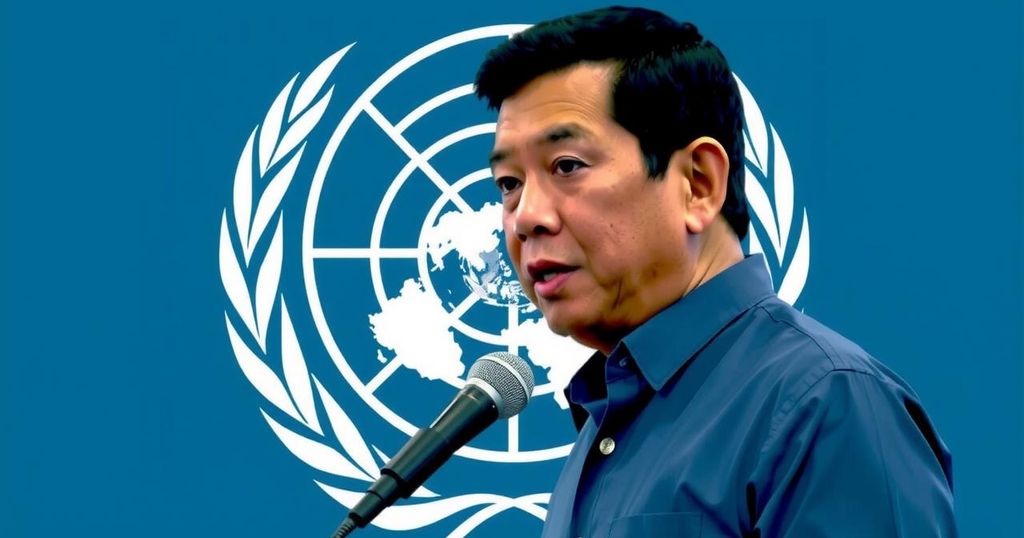Potential Legal Consequences for President Duterte Amid ICC Investigation
President Rodrigo Duterte of the Philippines faces potential legal consequences as the International Criminal Court investigates his administration’s brutal anti-drug campaign, which has resulted in numerous extrajudicial killings. This inquiry signifies a crucial moment for accountability concerning human rights abuses under Duterte’s regime.
The escalating legal challenges confronted by President Rodrigo Duterte of the Philippines signify a critical moment in his governance. The International Criminal Court (ICC) recently authorized an investigation into the extensive violence associated with his contentious war on drugs. This development not only targets Duterte’s policies but also his personal accountability. As the ICC’s scrutiny intensifies, the implications for Duterte’s future grow increasingly dire, raising questions about his potential prosecution and the broader impact on human rights in the Philippines.
Rodrigo Duterte, elected as president in 2016, launched a brutal anti-drug campaign that led to thousands of extrajudicial killings, drawing widespread international condemnation. His administration has been characterized by controversial policies affecting civil liberties and human rights. The decision by the ICC to investigate these violations underscores growing concerns over accountability for state-sanctioned violence and the preservation of judicial integrity, both nationally and internationally. This action reflects a growing international commitment to hold leaders accountable for human rights abuses.
In summary, the ICC’s investigation into President Duterte’s war on drugs represents a significant step towards accountability for human rights violations. The political and legal ramifications of this inquiry could redefine not only Duterte’s legacy but also the future of governance in the Philippines. As international attention heightens, the potential for historical precedents regarding leadership and accountability emerges, signaling an urgent need for fundamental changes in how state power is exercised.
Original Source: asia.nikkei.com




Post Comment